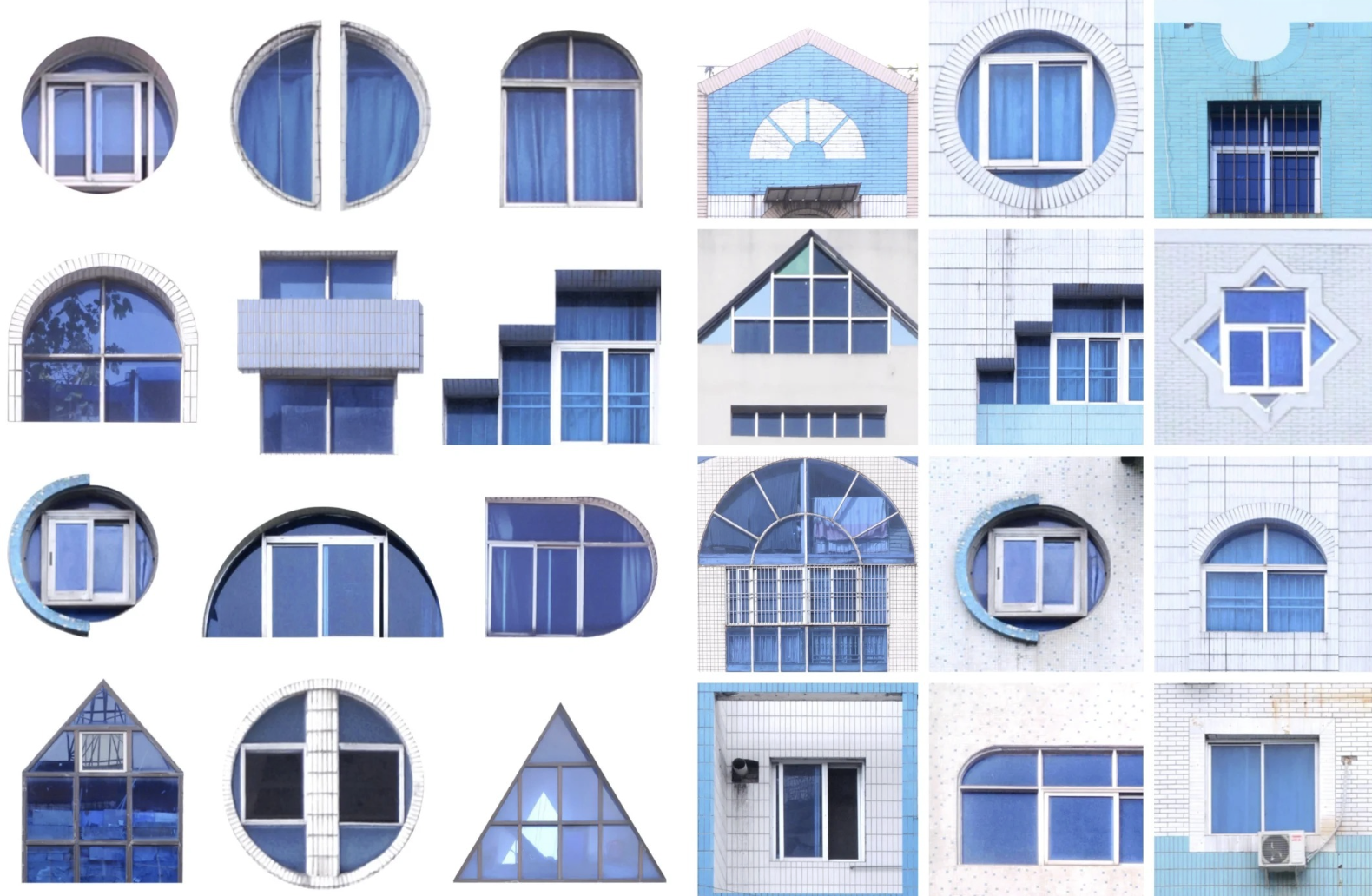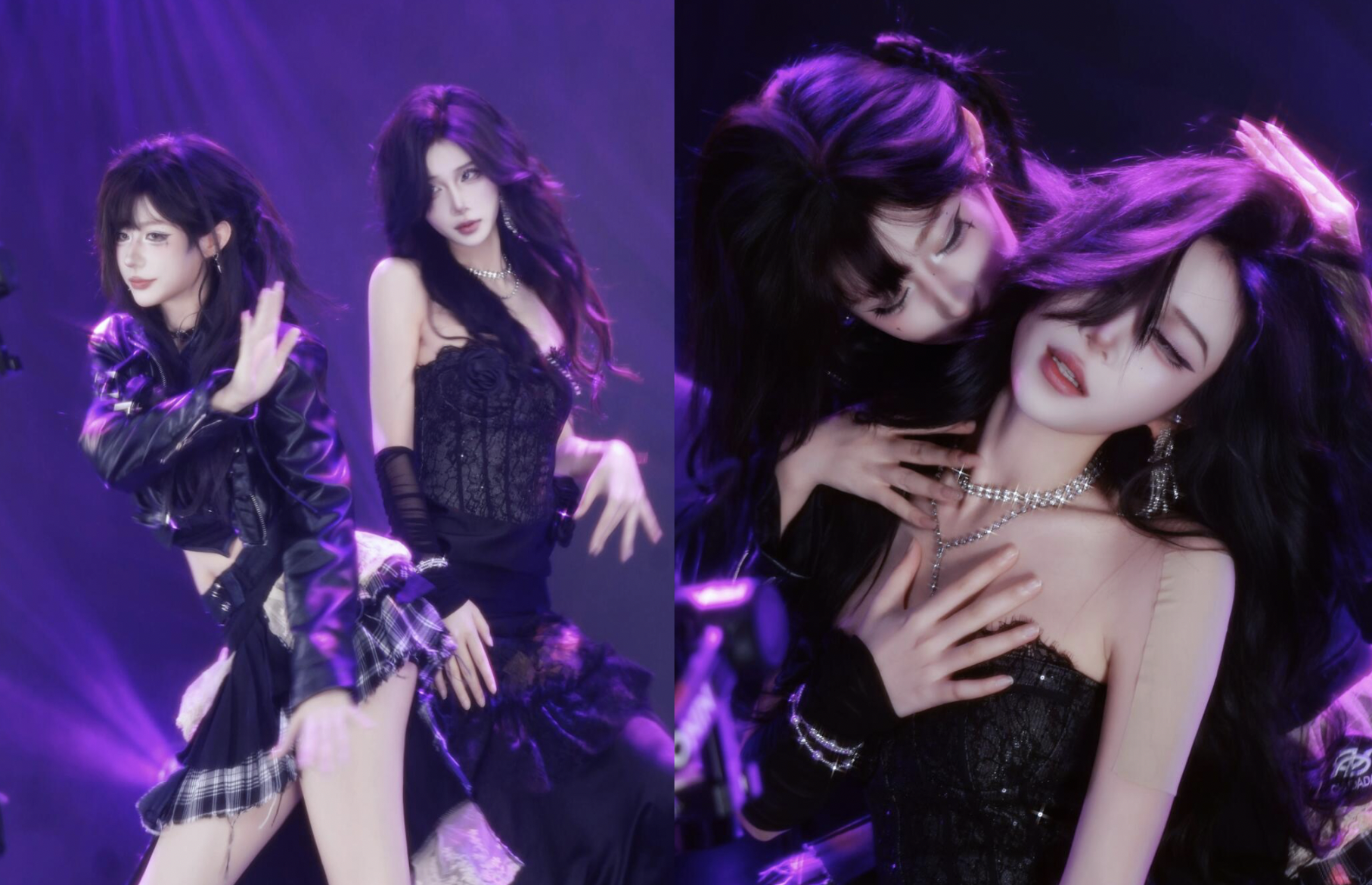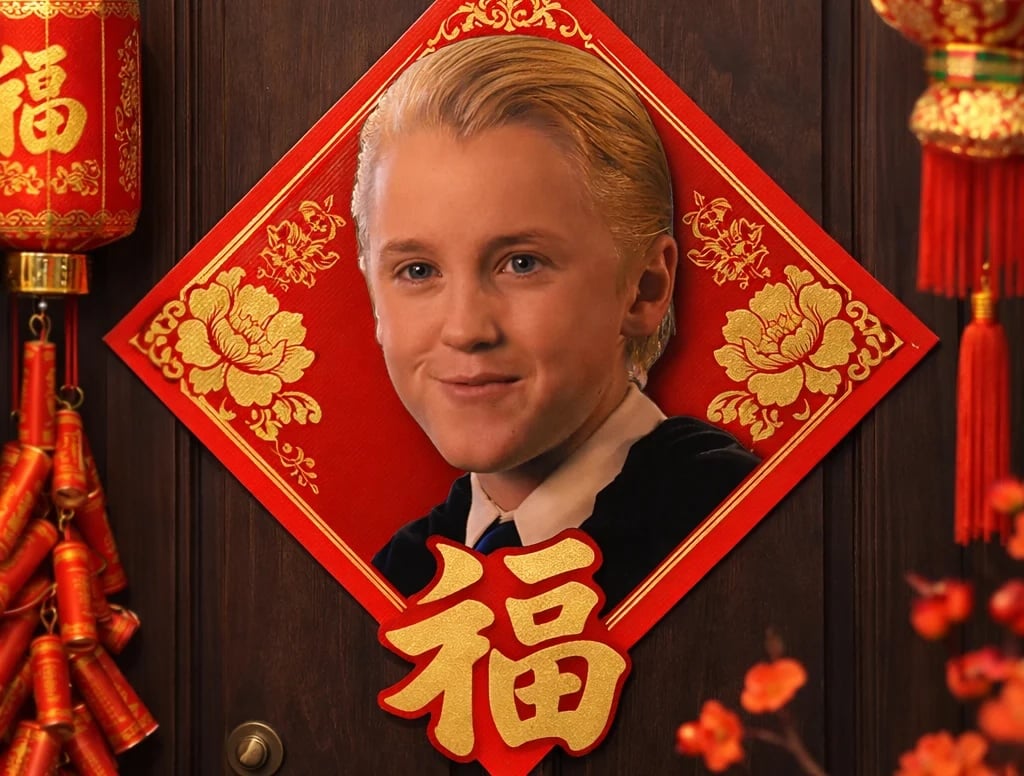Multiple women have reportedly complained of being harassed at this year’s water-sprinkling festival in Southwest China’s Yunnan province, where groups of festivalgoers targeted female attendees with water guns, and one even ripped a woman’s raincoat.
The incident quickly went viral online, with one hashtag on the Chinese microblogging platform Weibo garnering 440 million views at the time of writing.
The water-sprinkling festival is a traditional celebration of the Dai ethnic group welcoming the start of their New Year.
Usually held from April 13 to 15 in Xishuangbanna Dai autonomous prefecture and Dehong Dai and Jingpo autonomous prefecture in southern Yunnan — the primary residences of the Dai people in China, this event is an opportunity to splash water and share best wishes with each other.
It was listed as an intangible cultural heritage item in 2006.

However, well-wishes turned into harassment at this year’s celebration, the first water festival held in three years after China lifted its super-rigid Covid-19 restrictions late in 2022. Video clips circulating online show festivalgoers targeting female attendees with water guns.
In one video, a girl is shown getting soaked by water guns, and one male participant suddenly comes forward from the crowd and tugs off her raincoat.

“I was mad but didn’t know what to do,” she told the digital media outlet Shangyou. “Some people may think tearing other’s clothes is fun, but you should consider other people’s privacy.”
Another clip revealed that many water gun holders, mostly male, stopped several female scooter riders and poured loads of water onto them, causing two women to fall off their bikes.
“This is not a folk custom; this is just pure perversion,” commented one netizen, while another wrote, “Some men just like to mess with women whenever possible. If you are unhappy about their behavior, they will criticize you for not being able to take a joke.”
According to the Chinese state-backed media outlet Global Times, to ensure the cessation of harassment incidents at the celebration, the local government has set up more checkpoints and officers to help oversee scenic locations while encouraging tourists to report incidents of harassment to the police.

This year’s water-splashing festival was undoubtedly a major draw for tourists in the region, as evidenced by a 130% increase in the number of trips booked for the festival in Xishuangbanna at the end of March compared to the same period in 2019.
The region’s holiday arrangement (read: government-sanctioned days off) may have also contributed to the boost in tourism. The festival first began trending on the Chinese internet a week ago when the Dehong Dai and Jingpo autonomous prefecture announced a prefectural two-day holiday on April 13 and 14 for the festival, without any required make-up days. (Make-up working days are a common feature of Chinese holidays and are additional workdays added to weekends preceding or following the holiday to compensate for the days off.)
Many netizens were envious of this holiday plan and called for canceling make-up days for national holidays.
Cover image via Depositphotos


















